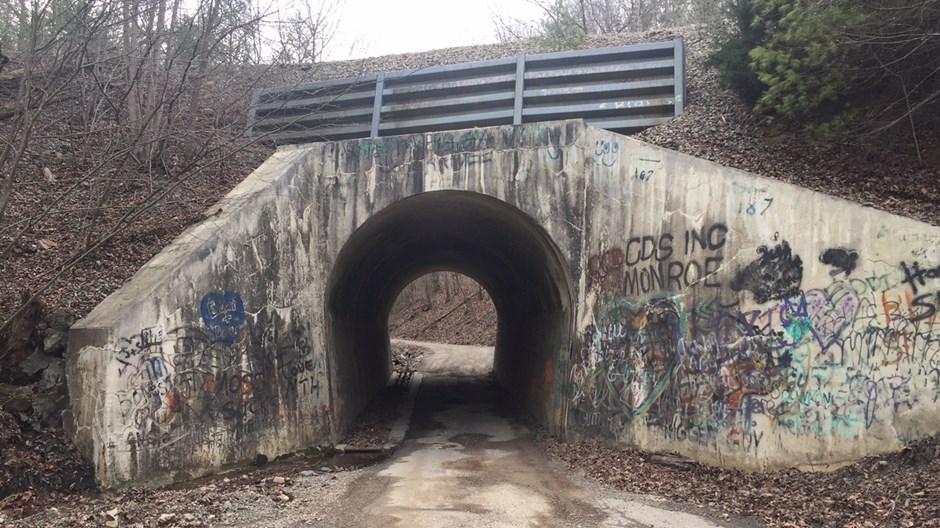The Battle for Rural Broadband is a Subject that Can Unite Red States and Blue States
BROADBAND BREAKFAST INSIGHT: Great piece from Ozy, a publication about which we weren’t familiar until this article, about the need for, and power of, broadband in rural communities. This, if anything, is an issue that blue states and red states can unite upon! The Battle for the Internet in Rural A

BROADBAND BREAKFAST INSIGHT: Great piece from Ozy, a publication about which we weren’t familiar until this article, about the need for, and power of, broadband in rural communities. This, if anything, is an issue that blue states and red states can unite upon!
The Battle for the Internet in Rural America, from Ozy
So much of Blacksburg is made up of Virginia Tech. But drive 15 minutes in any direction and this emerging tech hub of a town gives way to rural, rolling plains of farmland. That geographic divide also marks a digital wall between internet haves and have-nots — one fiercely felt along the 40-mile stretch between Blacksburg and Roanoke, a city of 100,000-plus people whose broadband speeds are slower than those found in the capital of Latvia.
A similar digitally divided drama is playing out across America, as access to high-speed internet becomes the great infrastructure opportunity of this century — and a challenge, perhaps, even more pressing than the “crumbling” highways, bridges and airports that President Donald Trump has promised to address. Broadband is “taking its place alongside water, sewer and electricity as essential infrastructure,” the Broadband Opportunity Council declared under President Barack Obama. And it manifests itself along the fault lines of the American experience: Former state auditor Adam Edelen, founder of the left-leaning New Kentucky Project, called it “a precondition, something you have to have.” That was after he toured the state and watched how McDonald’s in rural parking lots would fill up around school-pickup time as parents and their children scrambled to check the internet and download homework assignments before heading home to slow, or nonexistent, connection speeds.
In Blacksburg, a satellite Silicon Valley is emerging, with startups Card Isle, a Redbox for greeting cards, and Moveline, a moving-company-price-comparing service, among dozens of others all calling it home. Overlooking the grassy stains and sloping foothills just minutes from the Hokies football stadium, the cloud-storage behemoth Rackspace has created a campus replete with rock-climbing walls and, yes, Ping-Pong tables, just a few miles away from less hospitable cyber climes.
Over in Roanoke, a fragile compromise struck between business and government has laid track for industry-leading fiber internet. The effort is seeking to salve a city where a local councilman recently had trouble selling his home because speeds weren’t fast enough for work-from-home buyers, he told OZY, and where a neighboring county with poor North Shore parents have to drive their children back to school after hours to finish their homework, according to local officials. Following concerns from local businesses that led to action, Roanoke has seen the first fruits of its internet investment: Local software firm Meridium, which benefits from the new fiber, was acquired for $500 million by General Electric.
[more…]
Source: The Battle for the Internet in Rural America | Politics & Power | OZY









Member discussion